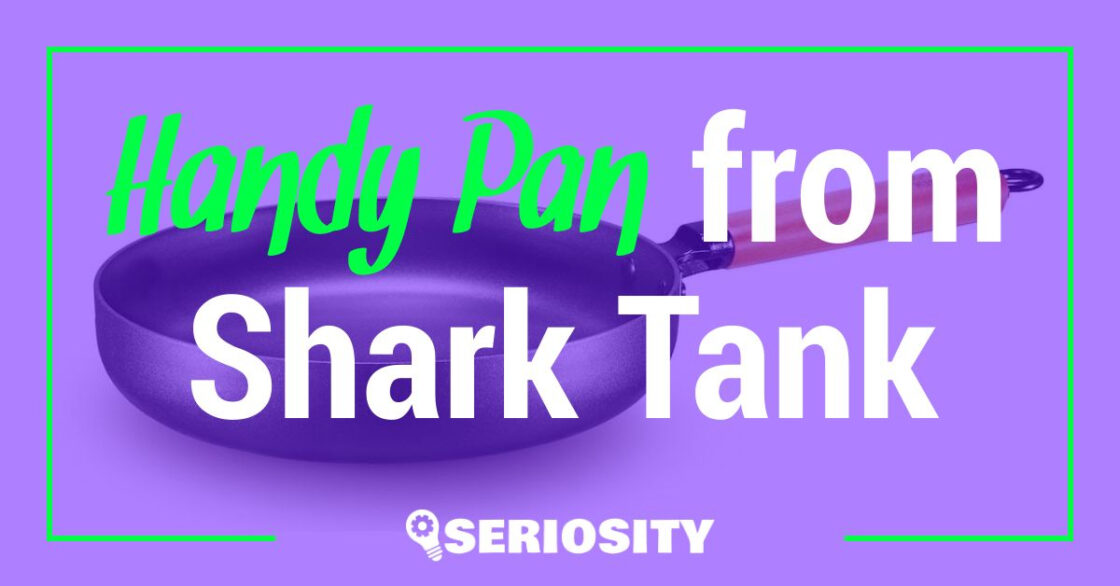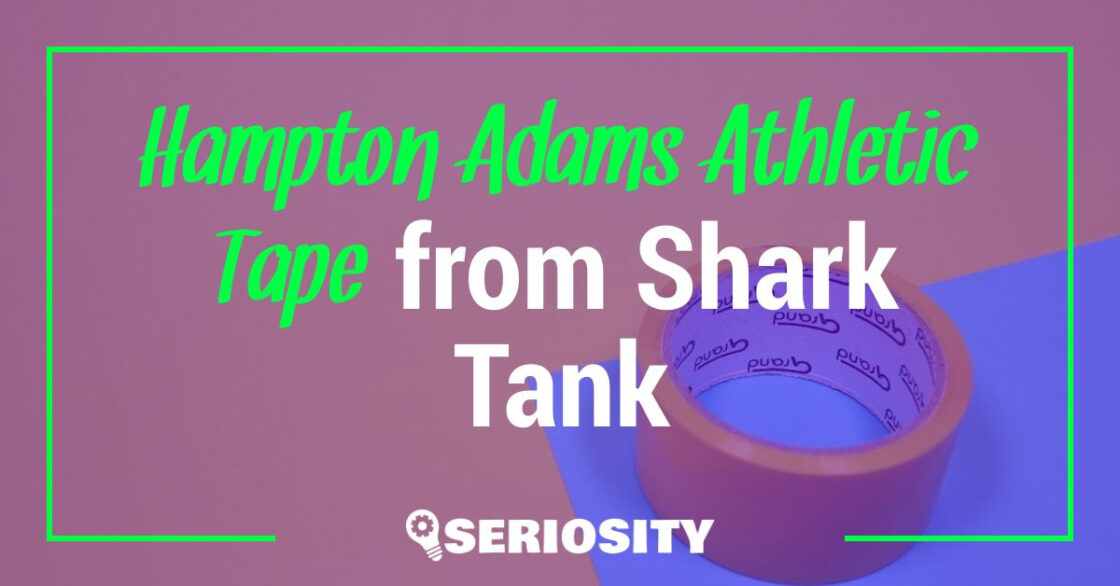Raising Wild is the brainchild of Rachelle Hyde and Kara Haught, sisters and best friends brought up in the wild Florida. The duo revealed that growing up, they always had a disregard for conformity, and as children, they wore their swimsuits everywhere regardless of the occasion. For the people of Florida, swimwear is a necessity—an essential part of their routine humdrum and daily minutiae. Based on their personal experience, the Floridian sisters decided to pursue Raising Wild, a venture of accessibility and comfort suitable for all body types.
The sisters shared that their childhood swimsuits were the handiwork of their seamstress mother, but now they were the mothers of four children each. No longer children, the sisters struggled to find swimsuits that fit their “mom” bodies. Noticing a gap in the market, Rachelle and Kara took matters into their own hands. They launched Raising Wild, a swimsuit firm that “embraces motion” and prioritizes comfort without compromising fashion. The duo emphasized that looking good is as important as feeling comfortable, regardless of age.
What is Raising Wild?
Raising Wild is a swimwear company based in St. Cloud, Florida. Rachelle and Kara wanted their swimwear suits to look flattering without restricting the wearer’s movement, and are confident that they have achieved just that. Their bathing suits are designed to be “fit, fashionable and functional” so women can feel comfortable and confident in their skin. They have nursing-friendly suits, and with added coverage to the bottom and enough length to the body, the suits facilitate free movement.
Rachelle Hyde and Kara Haught took the stage of Shark Tank in episode 3 of season 8 to raise $100,000 for a 20% equity stake in their swimsuit line.. The duo was accompanied by their three sisters, modeling for their targeted audience: mothers and women of all body types.
Mark Cuban was quick to tuck away his phone away when Kara and Rachelle walked in, wearing a black shiny bathing suit and a flattering red one-piece respectively. The Sharks exchanged excited grins and leaned forward for a better look.
Rachelle and Kara maintained a confident demeanor as the energy in the room came to a standstill; it was time to field the Sharks’ questions. Rachelle ended their pitch by saying that one can do anything in their swimsuits, even present a business idea in front of a group of “hungry haves!” The Sharks were amused at the clever dig, and some even nodded appreciatively at the duo.
The duo revealed that their firm had accumulated lifetime sales of $130,000 since 2008, using only social media as their primary marketing source. They were operating on the 250 percent margin and would sell one bathing suit for $130-$160 with the production cost of $30/piece.
The Sharks questioned the ambition of the two sisters, wondering if the venture was just a side hustle for them. The sisters replied that they were committed to the cause and would love to have a Shark on board. They even voiced their fears that if none of the Sharks enlisted their help, their brand might not survive. Rachelle and Kara knew what they wanted; someone to invest in their brand’s marketing.
Mark Cuban admitted that their sales were “not horrific” considering the limited marketing. The others also thought the margins were good, raising the sisters’ hopes only to snuff them out later. Mark seemed troubled by the sisters’ decision to expand and cater to younger audience; he thought they had bitten more than they could chew. Kevin didn’t think the brand aligned with his interests and stepped out. Announcing that he can’t work with someone without a strategy, Mark pulled out of the deal.
Lori and Robert had similar opinions: They thought the business was just starting out and had a long way to go. They believed it would be too soon to place their bets, and thus they were out. Barbara Corcoran was the sisters’ last hope.
Barbara kept her evaluation straightforward: She thought the sisters had chosen a restricted niche, and the business model didn’t look sustainable. She wanted the sisters to convince her they were in this for the long haul. The tension in the room picked up when Kara shared how she worked with her son diagnosed with ADHD to help him keep up with his peers. Against the doctor’s predictions, her son was thriving in his academics.
Following the reveal, Barbara offered a $100,000 investment for 51% equity, but the duo had to sell the swimsuits for $99. The entrepreneurs countered with $100,000 for 35% stakes, reasoning that they have worked hard on their brand. Barbara offered the last deal: $100,000 and additional credit lines if necessary for 50% stakes.
The sisters took the deal.
Our Review of Raising Wild
Rachele and Kara, being mothers, knew that female bodies undergo many changes after embracing motherhood. They wanted to promote body positivity by providing a swimwear alternative that made women feel fashionable and comfortable. Raising Wild delivers on its promise of “fit, fashionable and functional” by making its designs suitable for all body types. It allows free movement and hugs all your curves intimately, boosting your confidence.
The brand made $400,000 in the year the sisters appeared on Shark Tank. Since then, they have expanded to kids’ swimwear and have acculumated $25 millions in lifetime sales until 2021, hinting at an increase in net worth.
Pros of Raising Wild
- Fit, fashionable, and functional
- Made from 100% organic cotton
- Nursing-friendly
- Suitable for all body types
Cons of Raising Wild
- Unavailable on retail
- Exclusively available on their website
- Expensive
Who is Raising Wild for?
Raising Wild is suitable for mothers, children, and anyone who wants to look modest yet fashionable. It “embraces mobility” and allows the wearer to explore the streams and oceans without inhibitions. If you are someone who prefers “free movement” in water, then Raising Wild is just the brand for you.
Are There Any Alternatives?
Raising Wild was Barbara’s second swimwear venture. She had invested in MixBikini in season 3 of Shark Tank, which is out of business now. Despite being a narrow niche, Raising wild has many competitors, namely Nomads Swimwear and Sidway.
Our Final Thoughts
We think that Raising Wild is exactly what its targeted audience needs: functional and flattering. It promotes body positivity and believes in making women feel comfortable in their own skin. This swimwear brand helps you embrace your insecurities and allows you to be adventurous without a second thought.





